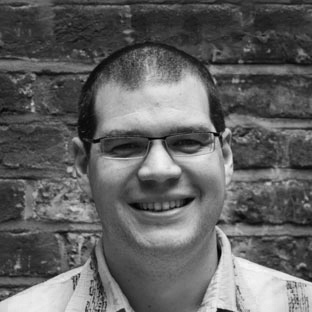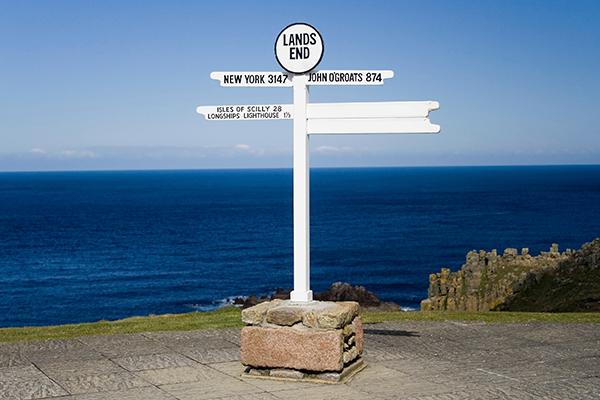The recent death of David Bowie was an event which sparked tributes from across the globe, from world leaders to entertainers. Facebook users could splash his trademark lightning bolt across their profile picture, and the internet buzzed with stories of the impact that his music, lifestyle and personality had made on a significant swathe of society.
Bowie’s death has left me thinking about my own heritage. I was born in Berlin in the 1980s (American Sector, West Berlin to be precise), when the vibrancy of the Western part of the city contrasted starkly with Communist East Germany, which surrounded it and was most noticeable in the Wall which ran through the city. Communities had been torn apart by the creation of the wall, and a once united city had developed in two very different directions. Berlin has always had a unique character (think of the city during the 20s and the strange dichotomy of the Nazi years), yet suddenly the city, already reeling from the horror of the war, was split in two, seemingly irrevocably.
Yet Berlin’s spirit remained during these years and was partly reflected through the world leading music scene. Sadly I was too young to appreciate it, but the stories my parents told me (my Scottish mum had ended up working for the US Army at the same time as being a punk, whilst my English dad was the type of bricklayer who inspired Auf Wiedersehn Pet) helped to add colour to this vibrancy. Tales of the connections that were forged with bands and performers, the gigs and the venues all helped to provide a degree of connection to my roots.
Bowie’s place in this is extra special as he was our neighbour. We lived on Hauptstrasse, with Bowie living downstairs. This flat formed a key part of his years in Berlin (so much so that there is a campaign underway to rename the street in his honour) – he produced three of his own albums while there (and one of his flatmate Iggy Pop’s) and the flat featured in his beautiful reflection on Berlin Where are we Now?.
Now, I don’t claim that my mere existence in proximity to this legend of music was the basis of his artistic genius, or indeed that I as a baby had any awareness of much beyond food and sleep. Yet the story of that connection is one that has stayed with me, that forms part of my story. I feel strongly connected to my Berliner heritage despite having left there at the age of two, and through that I also feel connected to this figure of Bowie. He played such a crucial role in the city’s story (the Mayor of Berlin commented that “He was one of us” upon his death), and in the peaceful transition to a reunited city. His music explored some of the issues apparent in the city, reflecting upon the role of love in contrast to fear (Heroes was based upon two lovers he saw kissing near the Wall) despite the obstacles against it. And his constantly evolving, boundary pushing style helped new ideas to flourish and old orthodoxies to be challenged. I may not have actively kept my birthplace alive in my day-to-day life, as I’ve sadly forgotten the little German I learnt at school, and have only been back a couple of times since we left (I do however retain my loyalty to Hertha Berlin football club, albeit it from afar). However, the case remains that Ich bin Berliner, and so was Bowie, albeit both of us in very different, outsider ways.
Personal heritage of this nature is a difficult concept to pin down in data. In the Heritage Index we have produced as part of our project with HLF, we have tried to identify the widest range of themes which can be explored across the concept of heritage, from built environment to cultural to natural, mapping both assets and activity. The Index is a tool, and I would argue a potentially very powerful one if used to ensure maximum impact for communities; however for it to be more than just a resource for researchers it needs to connect to the personal stories of the individuals and communities of interest and place which surround us. This is what we are partly trying to explore with our Heritage Question Time event in Dundee next week, building upon the previous successful events in Manchester and Bristol. It will be a chance to hear the thinking of local people on the role that the past plays in Dundee’s present and future, and to explore some of the ways that this has been handled well, and poorly, before.
It is also your chance to help shape the next iteration of the Index, which we will compile later this year. The power of music and popular culture to influence individuals and communities is a crucial one and yet has been one of the areas that has been hardest to access consistent data for across the country. This seems, to me at least, an area which would strengthen the Index and start to flesh out the diversity of experiences across the UK – whether that be the pop culture of Liverpool, dance in Manchester or traditional music of the Highlands of Scotland. It sadly wouldn’t cover my Berliner heritage (unless we can find funding for Heritage Index for Germany), but would allow for us to start to document the proud brass band tradition of the north of England (a current absence which my colleague Jonathan was reviled for on BBC Radio Lancashire!).
My experience of Berlin was wildly different to that of my parents, let alone our neighbour Mr Bowie. But yet there is still something shared across those stories, and the ways that they interlinked, that allows for a meeting point of heritage. The Heritage, Identity and Place project has been an eye-opener for me so far to the role that heritage really does play in shaping the landscapes of our lives and communities, and in reflecting upon my own story and those of my family (my grandfather has just turned 90, there is a whole lot of heritage to explore there!). I am looking to hearing some of those heritage stories from those who contribute to the project, and to seeing how those invaluable, irreplaceable personal experiences of the past can help to be building blocks for our communities of the future.
Jamie Cooke is Head of RSA Scotland. You can follow him on Twitter @JamieACooke, connect with him on LinkedIn, or email him at [email protected].
Related articles
-
Place - from a shared stake to shared responsibility
Joanna Massie
What makes a sense of place – and how do you empower everybody in a community to feel proud of, and able to contribute to, where they live and work? And how do you build this sense of place, through strategic interventions – and community ownership? Joanna Massie explores.


Be the first to write a comment
Comments
Please login to post a comment or reply
Don't have an account? Click here to register.